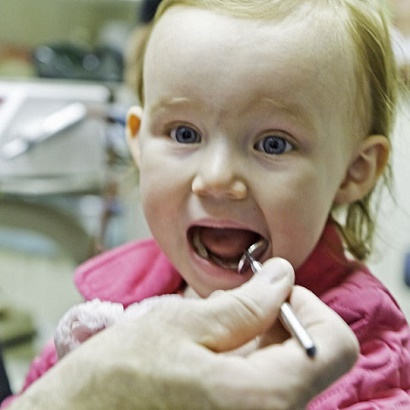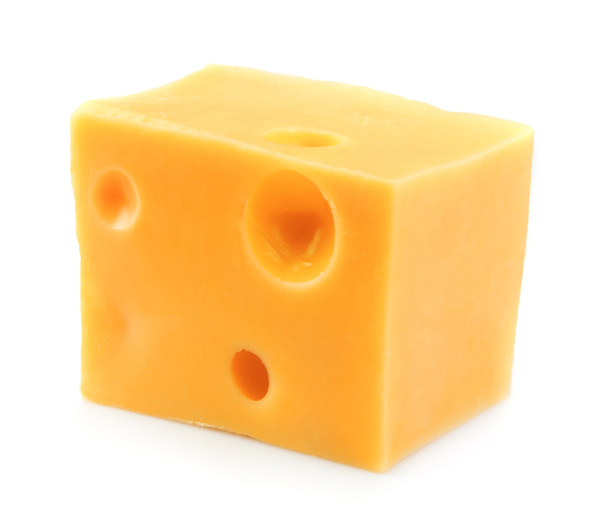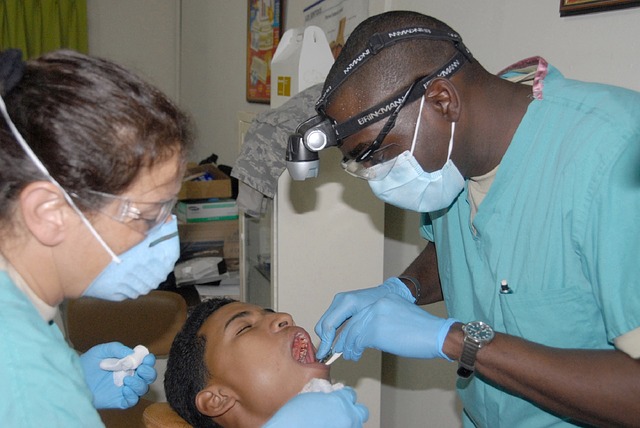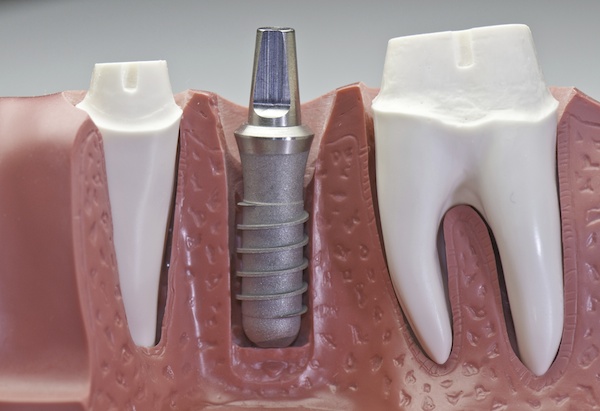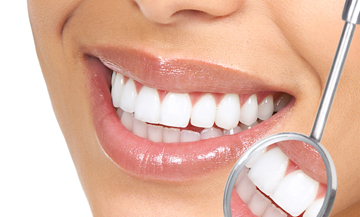Excellent oral health not only helps you have an enviable smile, but it also helps you chew well, eat better, enjoy good nutrition and maintain good oral hygiene […]
How To Prepare Your Kid For A Dental Appointment?
A visit to the dentist’s clinic can be nerve-wracking for a kid. Even though a dentist in Quincy will ensure that the entire process that includes taking an […]
Top Foods To Eat For Natural Oral Health
With more and more of our food in today’s world being pre-processed, it can be a challenging task to find healthy food – let alone food that promotes […]
5 Easy Ways To Prevent Periodontal Problems
Gum disease is the most dreaded of oral health problems because, once it develops past a certain point, it is usually irreversible and takes surgical intervention to treat. […]
Everything You Need To Know About Dental Implants
Millions of people in the U.S. suffer tooth loss due to so many reasons, ranging from injury to gingivitis or gum disease and tooth decay. Previously, the only […]
5 Permanent Benefits Of Getting Dental Implants
Once you have lost a tooth, you would not want your teeth to be in any more trouble. Installing a replacement tooth in the gap is necessary for […]
Treatments and Trends In Cosmetic Dentistry This Decade
Dentistry has been traditionally viewed as a medical field in Britain with any improvements or work completed on teeth done primarily for practical purpose rather than for aesthetics […]


